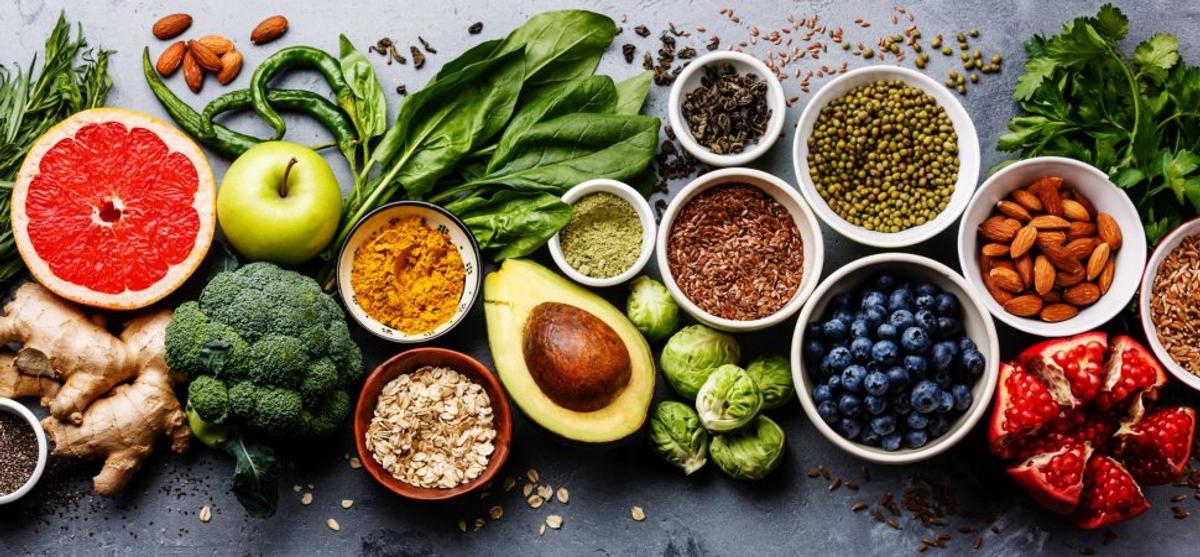Student Wellbeing News

Wellbeing Spotlight: 3/4 Community
Focus: Transition
As we prepare for a new year, the Year 3/4 Community has put their effort into developing their resilience and personal motivation. These skills will prove to be useful as students continue their learning journey into their senior years. The students have been challenged through a number of different avenues such as Maths problem solving tasks and creating personalised learning goals.
Wellbeing Groups
Focus: Dealing with Friendship Problems
In Wellbeing groups, students had a circle-time where they discussed a friendship problem that they are experiencing at the moment or have experienced in the past.
Students worked in partners to discuss their friendship problem and identified the best possible way they can fix it.
Some ideas that we came up with were:
- Give them a second chance
- Tell them how you feel
- Re-evaluate the friendship
- Discuss the problem with an adult
- Negotiate or compromise
- Forgive them
We discussed how it's best to be proactive when experiencing a friendship issue, otherwise the situation won't change and the friendship will be harder to repair.
Wellbeing Tips
Focus: 11 foods to help you feel more calm
Berries- These have lots of antioxidants, which help protect your cells from stress and may help ease feelings of depression. You can get them from nuts, beans, walnuts, or green vegetables, too.
Spinach- If this one leaves a bad taste in your mouth, almost any leafy green will do -- kale, collard greens, or Swiss chard. The key is the magnesium, which may help you feel calmer.
Oatmeal- This is a complex carb -- it gets into your system slowly and gives you a steady flow of energy that can help keep you on an even keel. It also can give you a boost of a brain chemical called serotonin that can lift your mood.
Dark Chocolate- The flavonoids in the cocoa help protect your cells. They’re a type of antioxidant that may also help lower your blood pressure, boost the blood flow to your brain and heart and make you less anxious.
Oysters- Zinc is a mineral that helps our bodies deal with stress. Some diets may not include enough of this mineral. Zinc can be found in oysters, a salt water mollusk. If oysters aren’t your thing, you can get it from cashews, liver, beef, poultry or eggs, too.
Oranges- You may think of vitamin C when you think of these citrus fruits and that’s a big reason it might help your anxiety. Some studies have shown that a diet rich in it may help calm you and put you in a better frame of mind.
Sardines- These little fish aren’t for everyone but they have lots of omega-3 fatty acids which may help with depression and anxiety. If sardines are too fishy for you, try salmon or albacore tuna, which are lighter but also have plenty of omega-3.
Coffee- This one can be a blessing or a curse -- the issue is the caffeine. A couple of cups of black coffee a day may boost your mood and energy, and up to four cups seems to be OK for most people. But more than that can make you jittery and anxious and some people are more sensitive to it.
Tea- For some, the ritual of a cup of tea has a calming effect. Certain herbs -- lavender and chamomile, for example -- may help too, along with the antioxidants in the tea leaves themselves.
Cabbage- It has folic acid, vitamin C and some B vitamins that may help ease anxiety.
Liver- Calf is best but chicken liver works, too. Both are loaded with B vitamins and folic acid that help make brain chemicals that affect the way you feel. If you’d rather pass on the liver, you can get B12 in eggs, fish or chicken.
Haylea Anderson
(Wellbeing Leader)



